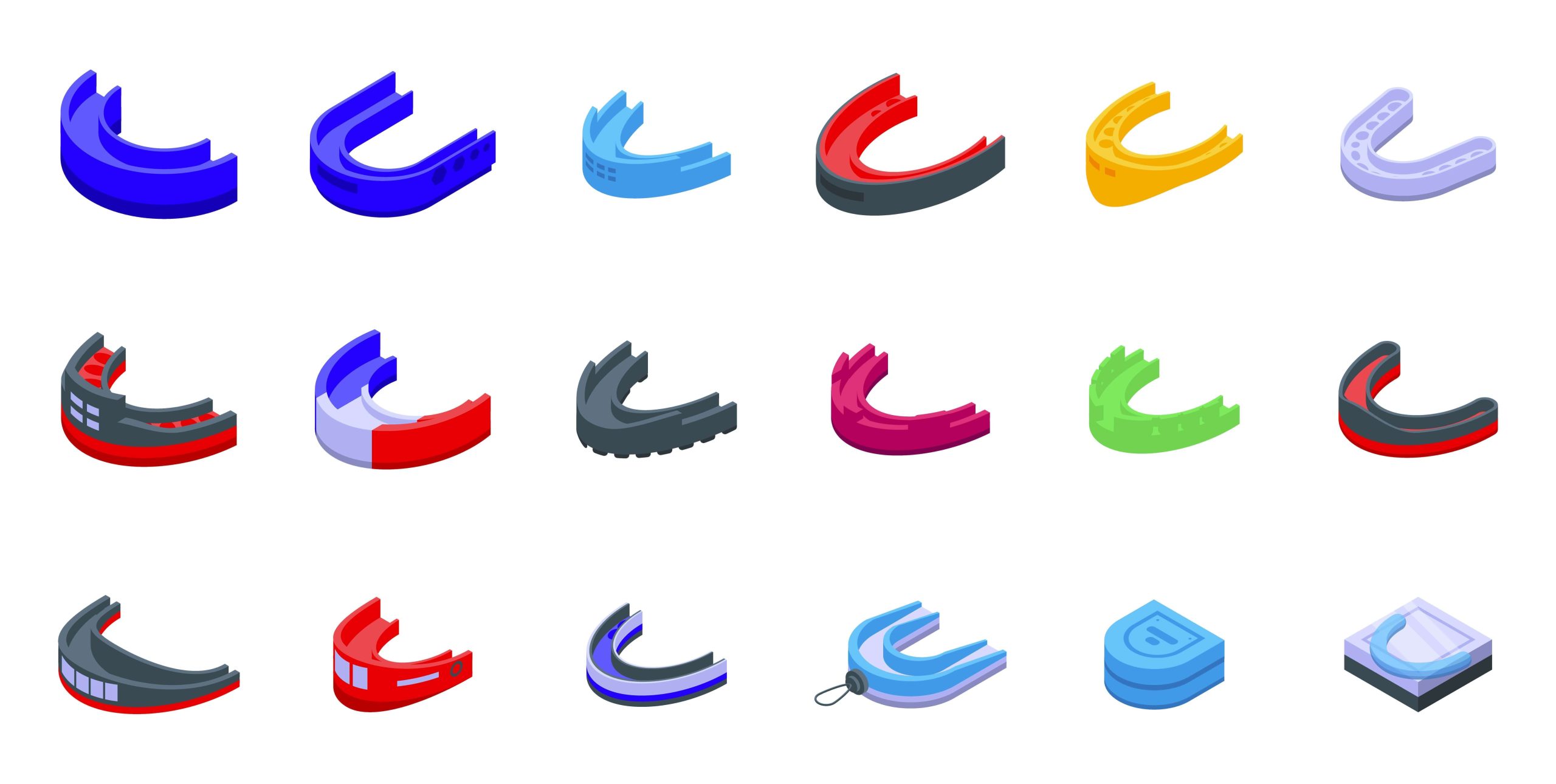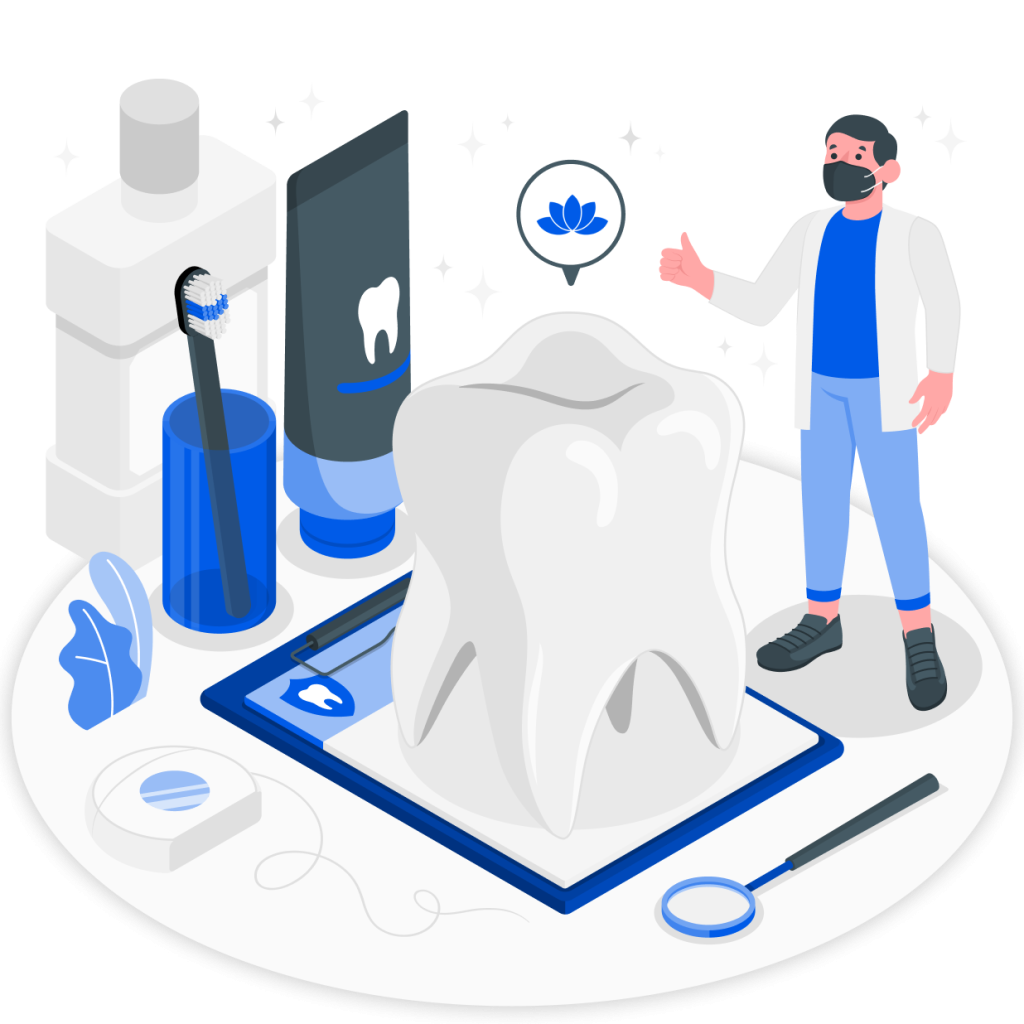Maintaining oral and dental health helps to improve the athlete’s performance. Sports mouth guards aim to reduce traumatic injuries that may occur during sports activities. Also they protect dental hard tissues from the acidic released by food and beverages. Dental sports guards can be produced in a short time thanks to digital dentistry.
Products taken in the form of sports drinks, liquid or solid food supplements can cause significant damage to tooth hard tissues due to their high free sugar and acidic nature. Sports guards protect dental hard tissues by preventing acid from touching the teeth.
The use of mouthguards, especially in people who do sports, helps prevent serious oral and dental injuries. In some sports such as ice hockey, boxing, taekwondo, American football, soccer, basketball, etc., dentists recommend sports aligners to minimize the damage caused by impacts in accidents that may occur. Accidents in these sports can affect the jaw and face. The impact to the jaw can cause soft tissue damage as well as damage to the teeth and jawbone.
Where to Get a Sports Mouth Guards?
Sports guards can be in 3 different forms:
- Prefabricated (ready-made) type aligners
- Thermoformed type plaque
- Custom made sports guard, specially produced in the dental clinics
Mouth guards can also be bought ready-made from sports stores. However, these are standardized and may not fit the teeth properly. Therefore, they may not provide complete and effective protection. Some ready-made products may even cause more harm than good because they do not fit the mouth and teeth.
Custom sports mouth guards, which are specially produced in clinics, are produced by taking the intraoral measurements of the person’s mouth and are exactly compatible with the person’s teeth.
With a mouth guard of sufficient thickness and a natural fit with the correct position of the jaw joint, the damage that may occur can be prevented or the severity of the trauma can be reduced by ensuring that the concussions that may occur are dispersed before reaching the skull.
The American Dental Association (ADA) recommends that athletes or people who engage in sports activities should use a custom-made mouthguard to protect themselves from jaw, teeth and head injuries.
How often should sports guard be replaced?
Mouthguards, also known as sports guards, are made according to the age of the patient and whether he/she has received orthodontic treatment or not. The guards should be replaced regularly. Especially in children, the protective guards should be replaced in line with the child’s development. Otherwise, it may have negative effects on the growth and development of the child.
See Also:




